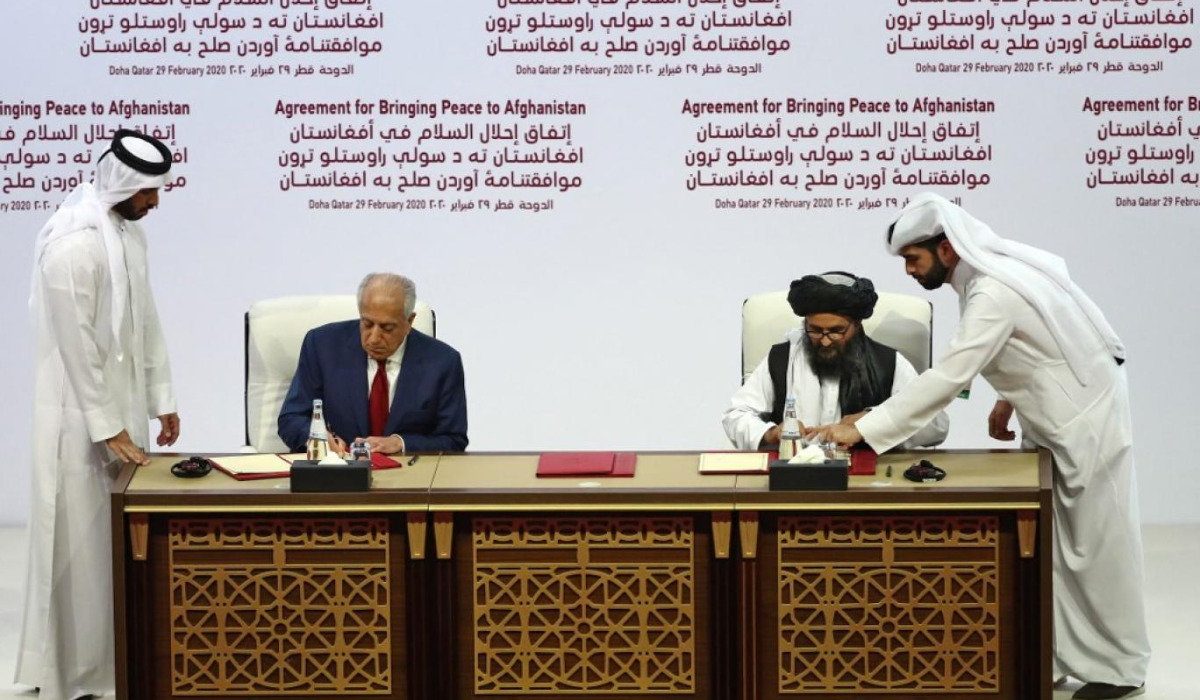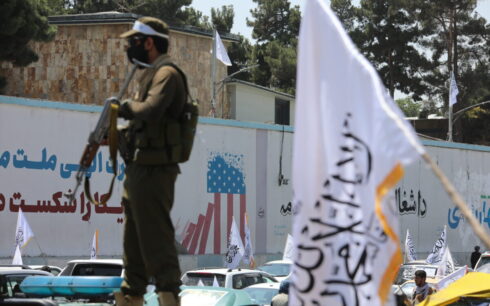Zalmay Khalilzad, the former U.S. special envoy for Afghan reconciliation, expressed optimism that Donald Trump’s potential return to the presidency presents an opportunity to fully enact the Doha Agreement, a deal aimed at facilitating a peaceful resolution in Afghanistan.
“With Trump’s return to the U.S. presidency, there is an opportunity for full implementation of all the elements of the Doha Agreement in Afghanistan,” Khalilzad said in a recent statement.
The agreement, signed on February 29, 2020, in Doha, Qatar, by Abdul Ghani Baradar, then head of the Taliban’s negotiating team, and Khalilzad on behalf of the Trump administration, outlined terms for the release of 5,000 Taliban prisoners and a gradual withdrawal of American troops. The deal also laid the groundwork for intra-Afghan negotiations meant to shape the country’s future governance.
Critics have argued that the Doha Agreement contributed to the rapid collapse of the former Afghan government, particularly in the wake of the swift U.S. military withdrawal. The accord’s ambitious goals for peace and cooperation faced significant hurdles after the fall of the government and the subsequent rise of the Taliban to power.
The agreement was structured around three main parts:
Part A involved Afghanistan’s commitment not to host or cooperate with international terrorist groups and the U.S.’s pledge to support Afghan security forces.
Part B stipulated the phased reduction of U.S. military presence, with a target of withdrawing all forces within 14 months, contingent on Taliban compliance. It also called for prisoner releases and the initiation of intra-Afghan dialogue.
Part C outlined U.S. commitments to seek UN Security Council endorsement and maintain positive bilateral relations focused on reconstruction and economic cooperation.
Despite these detailed provisions, the Doha Agreement’s promises of sustainable peace and political settlement remain largely unfulfilled. Analysts and former officials, including Khalilzad, now watch Trump’s political prospects with renewed interest, debating whether his leadership could revive the agreement’s intentions or exacerbate challenges in U.S.-Afghan relations.





